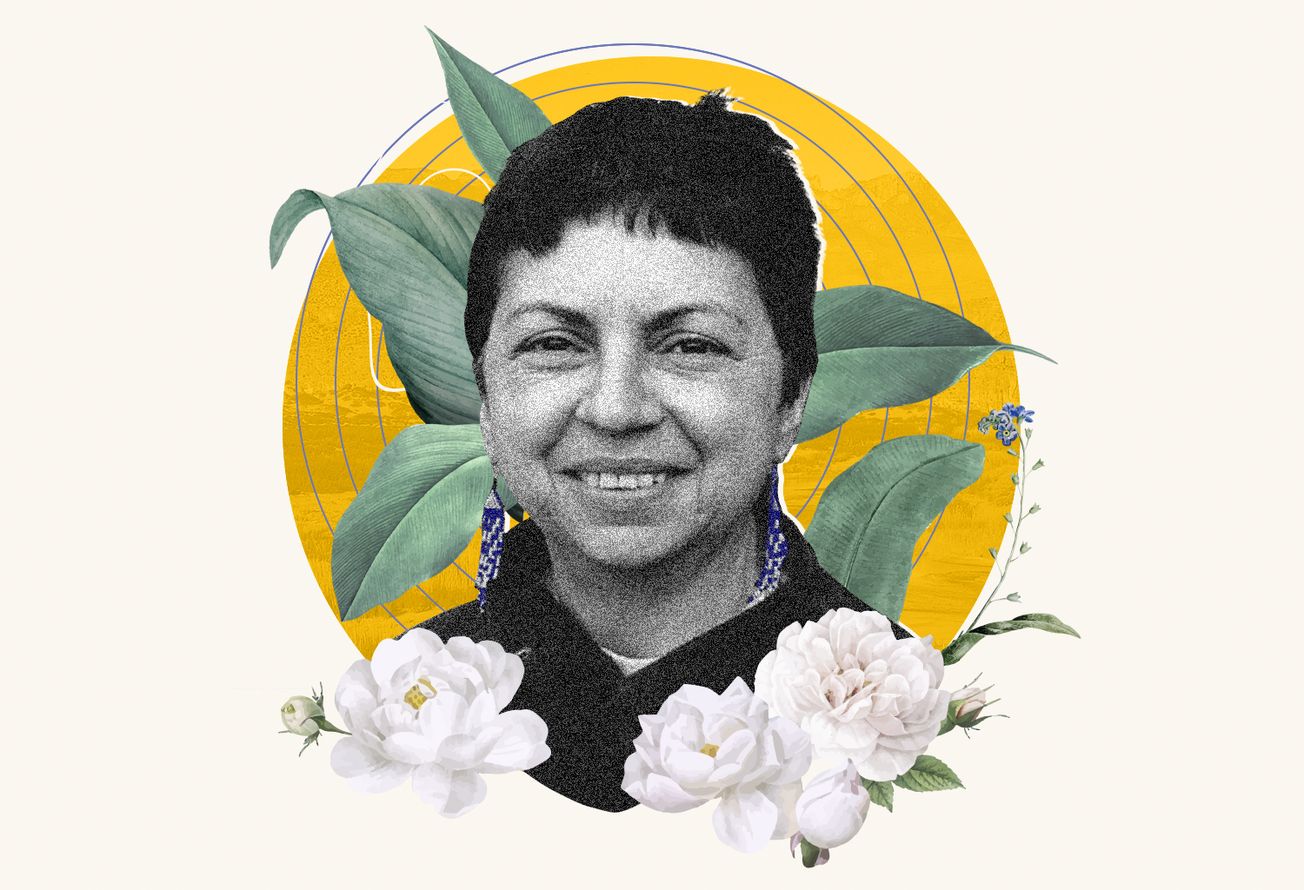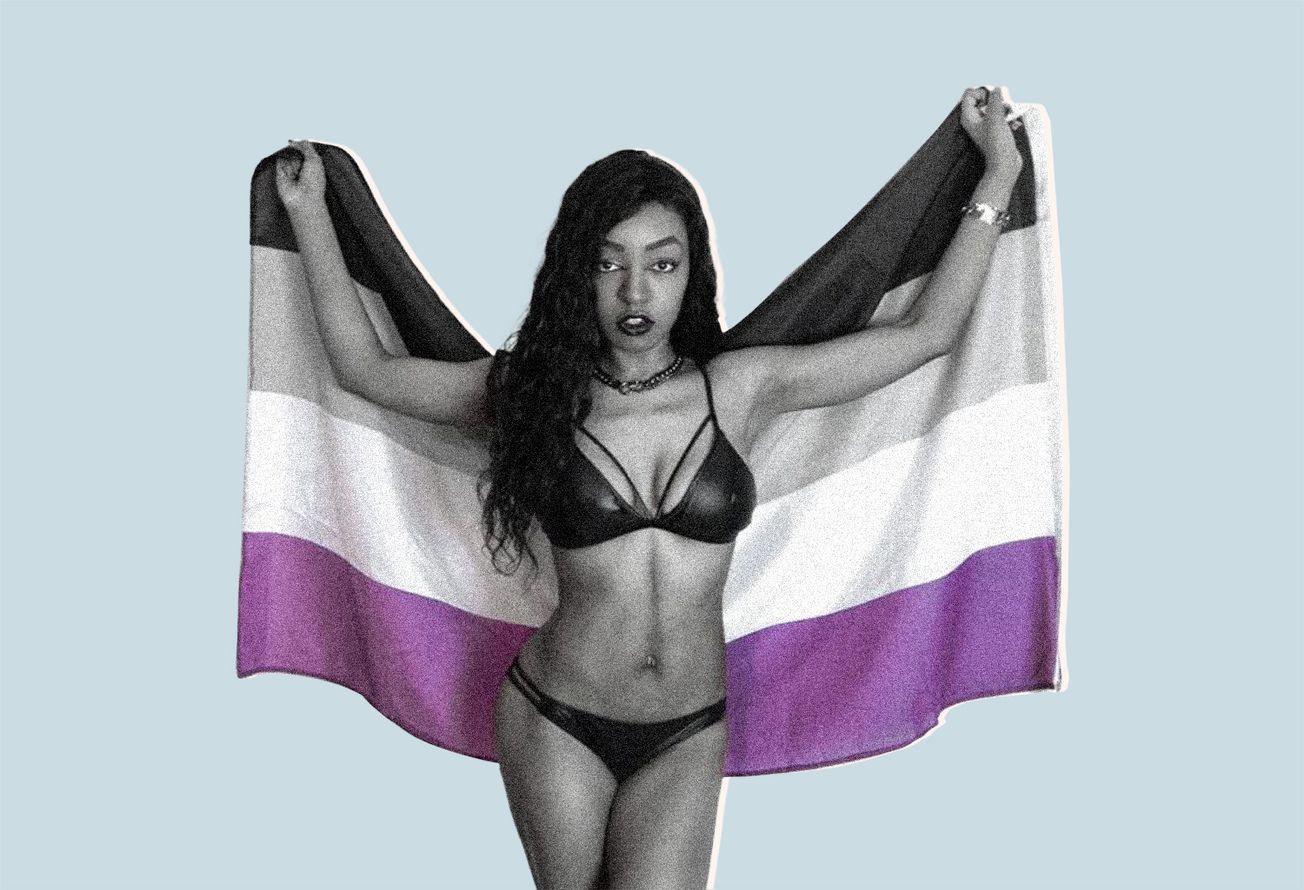As a child, Gloria Anzaldua (1942-2004) cleaned, weighed, and packaged eggs with her mother and sister to supplement the meagre earnings her father made as a sharecropper for Anglo agribusiness corporations on the US-Mexican border. She later graduated from university to work as a pre-school and high school teacher before devoting her life to writing. It was in 1981 that she co-edited the ground-breaking book This Bridge Called My Back: Writings by Radical Women of Color with feminist writer Cherrie Moraga. The book cemented Anzaldua as a feminist icon for her contributions to feminism and Chicana/o, culture and queer theory.
Women of Colour on the Margins Have Their Own Voice
Anzaldua wrote for the mixed-race, the migrant, and the marginalised—those overlooked and oppressed in the White-dominated, patriarchal and heteronormative world. The radical socio-cultural landscape of the 1960s and 70s shaped her political activism. Anzaldua witnessed the rise of two important socio-political movements: the Chicano Movement for the civil rights of Americans of Mexican descent and the Second Wave feminism. Chicano leaders were men of Mexican-American descent whereas the Second Wave feminists were White, middle-class women. Latina women were missing from these movements.
The Chicano movement was started by the farm workers of California’s Central Valley, who demanded fair wages and benefits. This anti-assimilationist movement embraced the cultural heritage of Mexican identity and called for the inclusion of Chicano history and scholarship in curricula to broaden conversations around colonisation, racism, and immigration.
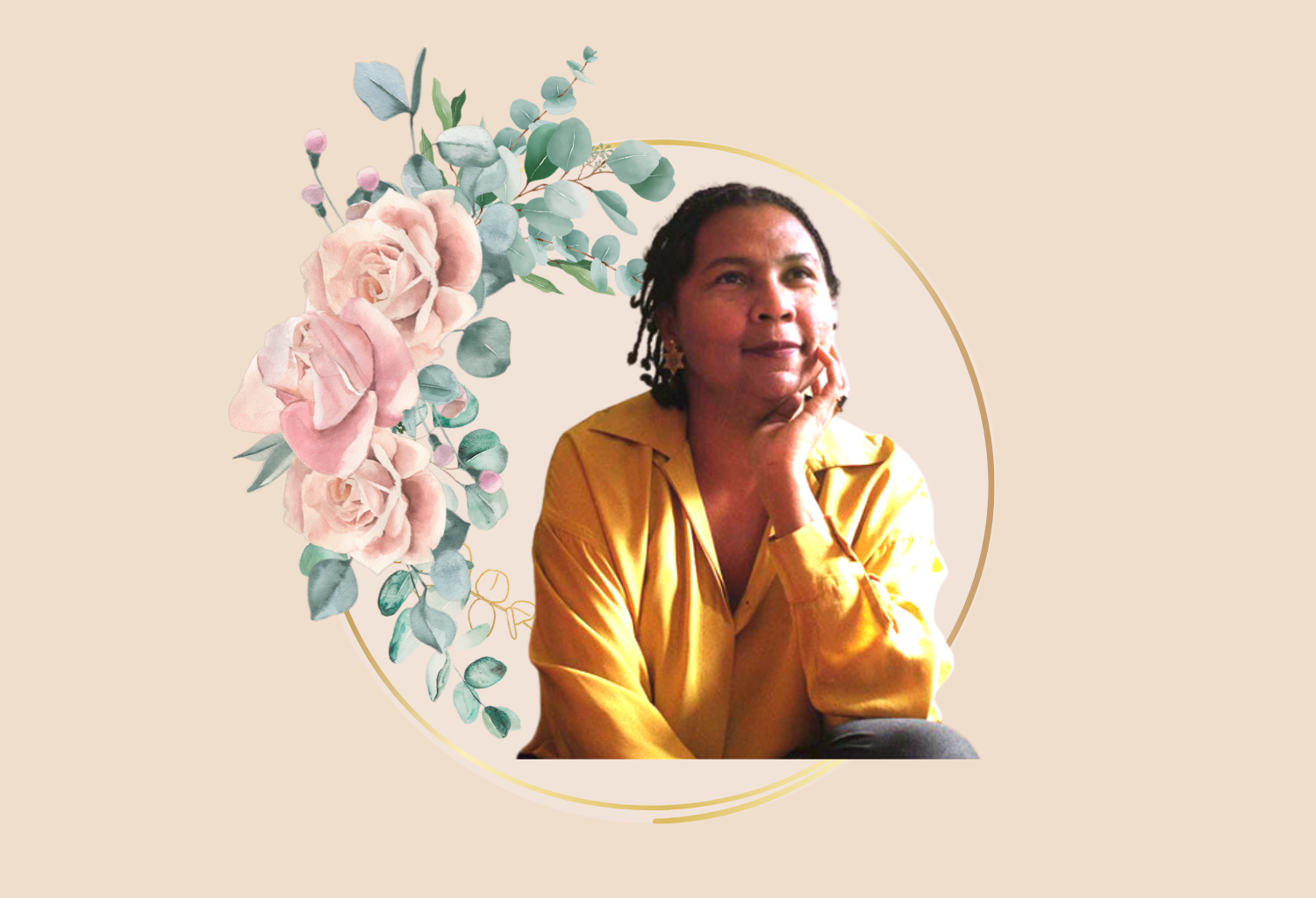
The Second Wave Feminist Movement is believed to have originated in the United States after Betty Freidan’s book The Feminine Mystique was published in 1963. Noted feminists like Gloria Steinem pushed for many cultural and legal reforms that resisted the relegation of women to just homemakers. The movement focused on issues of domestic violence, rape, reproductive rights, and work opportunities.
Anzaldua was one of the leading voices in Chicana feminism who rejected the machismo inherent in the Chicano movement where women’s roles were confined to familial spaces. She also questioned the exclusion of Chicana women’s experiences from the Second Wave discourse. Her work challenges White supremacist cultural legacies and is similar to the idea of intersectionality that has now emerged as a formative mode of inclusionary thinking.
We Inhabit Borderlands
In her 1987 semi-auto-biographical book, Borderlands/La Frontera: The New Mestiza, Anzaldua lyrically described the place she was born (Rio Grande Valley, Texas on the US-Mexican border) as a cultural borderland “where the Third World grates against the First and bleeds.” The book traces her years growing up and witnessing her community facing racial injustices and forceful deportations.

During her childhood, Anzaldua suffered a rare hormonal imbalance that triggered menstruation at only three months old. Eventually, she had to undergo a hysterectomy to be free from acute physical pain. These formative experiences of chronic pain and illness moulded Anzaldua’s thoughts on female sexuality and body politics, disability and disease. She argues that colonial ideologies that create geographical lines separating "us and them" extend to cultural and sexual borders.
The New Mestiza Consciousness
Anzaldua’s concept of “New Mestiza Consciousness” gives voice to the lived experiences of the marginalised in border zones created by imperialism. The word mestiza was a racist classification for a woman of mixed ancestry. Anzaldua reclaims the mestiza using resistance and rebellion against the established frameworks to define a consciousness that arises from the fluidity of identities denouncing power structures of race, class, and gender. The new mestiza consciousness embraces multiplicity by rejecting binaries such as male/female or self/other. It embodies in-between cultural spaces that resist racism, gender discrimination, class inequalities, and colonialism.
According to Anzaldua, the new mestiza consciousness, or an identity of the Borderlands—is a place of ambivalence. It is an intermixing of identities and a celebration of hybrid lives by ending a self-other dualistic way of thinking, giving way to a collective consciousness and coalitions to dismantle power structures. A self-described “Chicana dyke feminist,” Anzaldua wrote about the confining gender roles and sexual mores within her community that derogated womanhood and homosexuality.
“The struggle of the mestiza is above all a feminist one,” Anzaldua writes, and further goes on to reject the stereotype of a bad woman or “mujer mala”. According to her, culture and the Church insist that women are subservient to men."If a woman rebels, she is a mujer mala [a bad woman]. If a woman doesn't renounce herself in favour of the male, she is selfish. If a woman remains a virgin until she marries, she is a good woman. For a woman of my culture there used to be only three directions she could take: the Church as a nun, to the streets as a prostitute, or to the home as a mother.”
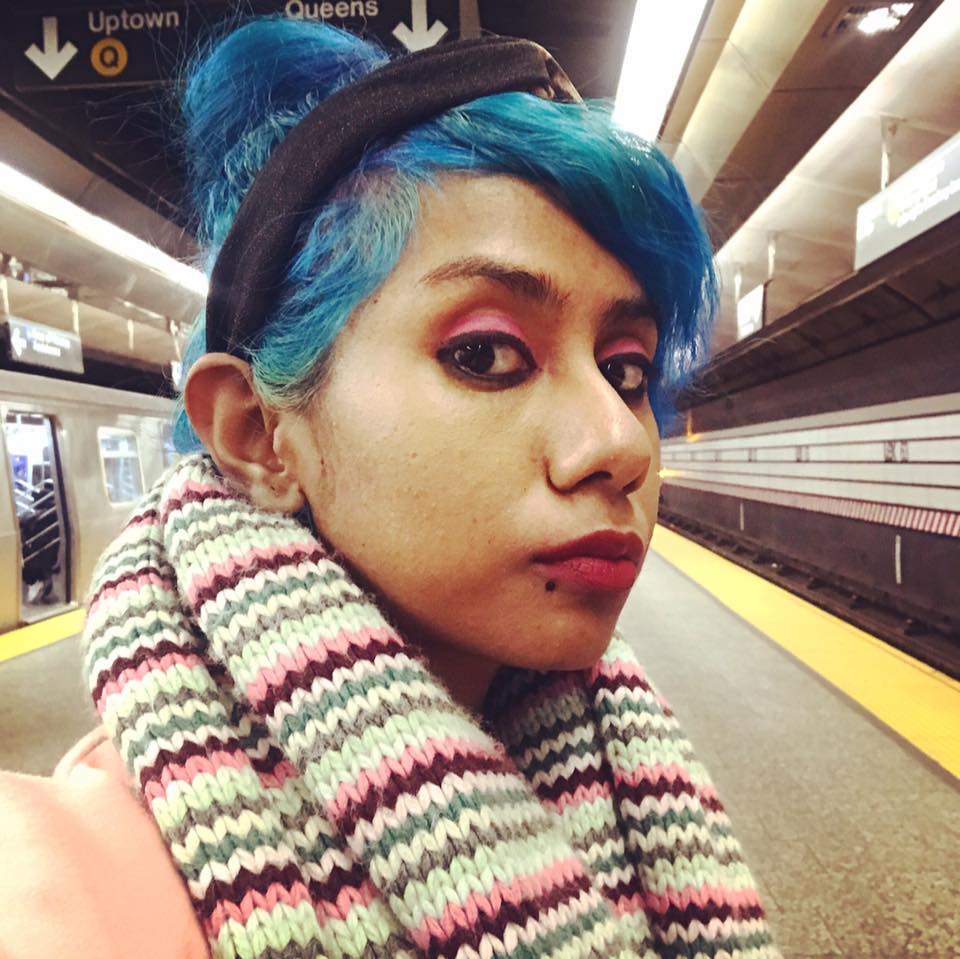
Freedom from Linguistic Terrorism
In Borderlands, Anzaldua critically examines the many invasions of Spanish conquistadors and agri-business and the repercussions of their violent history in the valley where she grew up. She recounts stories of her community, of migrants who crossed the border, and undocumented Latina women coming to the forefront. She describes the use of language as a tool of oppression used not just to mock accents and language but also to dehumanise and exclude people from access to education and employment, In her writing, unapologetically, she switches between languages (Nahuatl, Spanish and their other variations) to counter the linguistic monopoly of English.
Chicano Spanish speakers face discrimination from both English speakers as well as Spanish speakers. Anzaldua writes about how language and identity are intertwined and how “linguistic terrorism” plagues people who live in lands where they are not considered native. She advocates against the hierarchy of language and in favour or all accents and “bastard” languages to be accepted as legitimate.
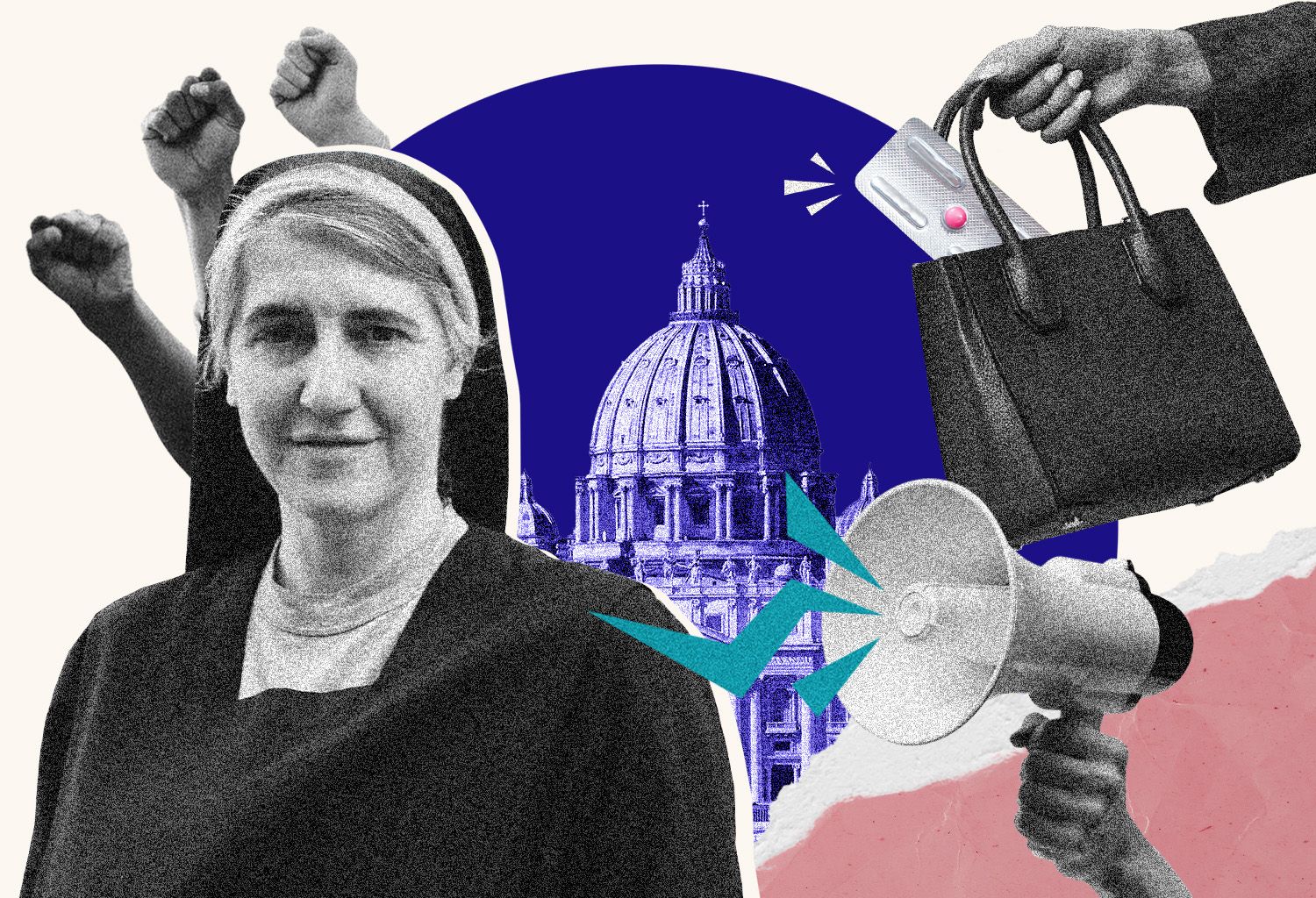
Anzaldua’s work has been criticised by some as an appropriation of Indigenous culture, as her European lineage grants her privileges that were not accorded to indigenous Indian women. In an e-mail dialogue with her friend, which was later published as “Speaking Across the Divide”, Anzaldua clarifies, “I've always claimed indigenous ancestry and connections, but I've never claimed a North American Indian identity. I claim a mestizaje (mixed-blood, mixed culture) identity.”
Today, international borders continue to be heavily militarised and are hostile to the most vulnerable whether it's the Rohingyas facing genocide or migrants dying in the seas trying to reach Europe. Gender abolitionists continue to face violence as do those who are outcast or outsiders within supremacist structures. Anzaldua inspires all who live with the sense of belonging nowhere and who must “straddle the Borderlands” whether physical or metaphorical, especially those created by gender, class, caste, or race. “To survive in the Borderlands you must live sin fronteras [without borders], be a crossroads."


